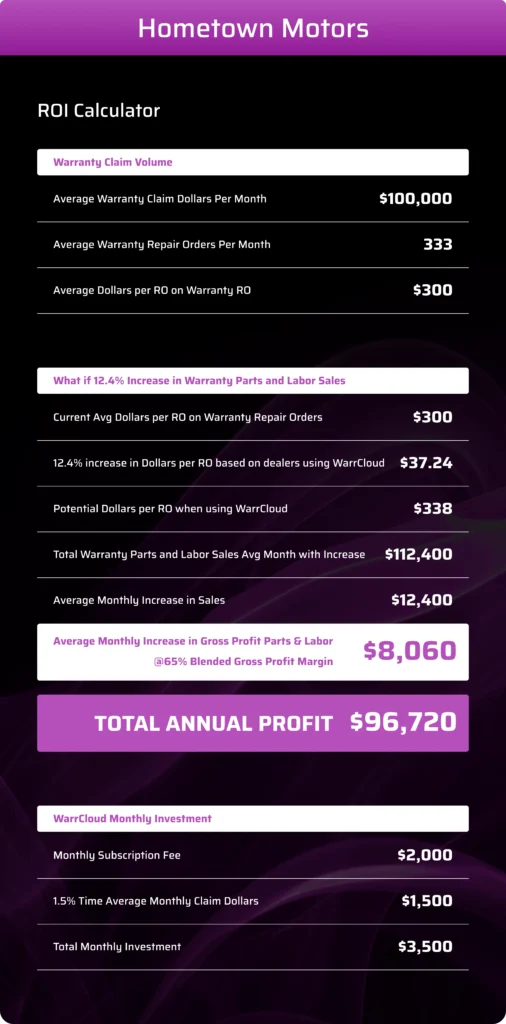How Dealerships Can Use Technology in Uncertain Times and Boost Profits
The automotive industry is no stranger to economic shifts. Whether it’s supply chain disruptions, changing consumer behaviors, or the rising costs associated with possible tariffs, dealerships are constantly adapting to maintain profitability. When new vehicle sales slow down, dealerships must look beyond the showroom to sustain making money—specifically, to their service departments and back office operational efficiencies.
The Service Department’s Growing Role in Profitability
When new car sales decline, consumers hold onto their vehicles longer, increasing demand for maintenance and repairs. This shift places a dealership’s service department in the spotlight as a key driver of revenue. While routine maintenance has always been a steady income source, warranty work is an area ripe for optimization. Managing warranty claims has essentially been done the same way for 80 years and can be labor-intensive, reducing efficiency and profitability. However, new technologies can streamline these processes, allowing dealerships to reduce costs and refocus their workforce on higher-value tasks.
Automating Warranty Claims to Improve Efficiency
Traditionally, warranty claims processing has been a time-consuming, manual task. It requires meticulous attention to detail, extensive documentation, and long processing times—often leading to lost revenue due to inefficiencies. Fortunately, automation is changing the game.
By implementing AI-powered solutions, dealerships can eliminate bottlenecks in their warranty claims process. These tools handle claims quickly and accurately, reducing errors and ensuring dealers receive their full reimbursement. The result? A streamlined operation that frees up service department employees to focus on customer interactions and service quality, improving both profitability and customer satisfaction.
Smarter Operations with “SmartSourcing”
Efficiency is key in today’s dealership landscape. A new approach, known as “SmartSourcing,” combines AI-driven automation with expert oversight to manage labor-intensive tasks like warranty claims processing. This hybrid model ensures accuracy while significantly reducing administrative costs.
For dealerships, the benefits go beyond just cutting expenses. By automating routine back-office tasks, service teams can be reallocated to higher-impact roles, such as engaging with customers, , and driving additional service revenue. This shift enhances both operational efficiency and the overall customer experience—two critical factors for long-term dealership success.
Future-Proofing Dealerships with Technology
Warranty claims are just one piece of the puzzle. Dealerships that embrace technology to improve efficiency in their fixed operations will be better positioned to navigate economic fluctuations. From AI-driven scheduling systems to predictive analytics for parts inventory, tech-enabled solutions can provide a much-needed competitive edge.
In a strong sales market, these innovations drive profitability. In a downturn, they become essential. As dealerships face ongoing industry challenges, those that adopt smarter, technology-driven solutions will remain agile, competitive, and, most importantly, profitable.

